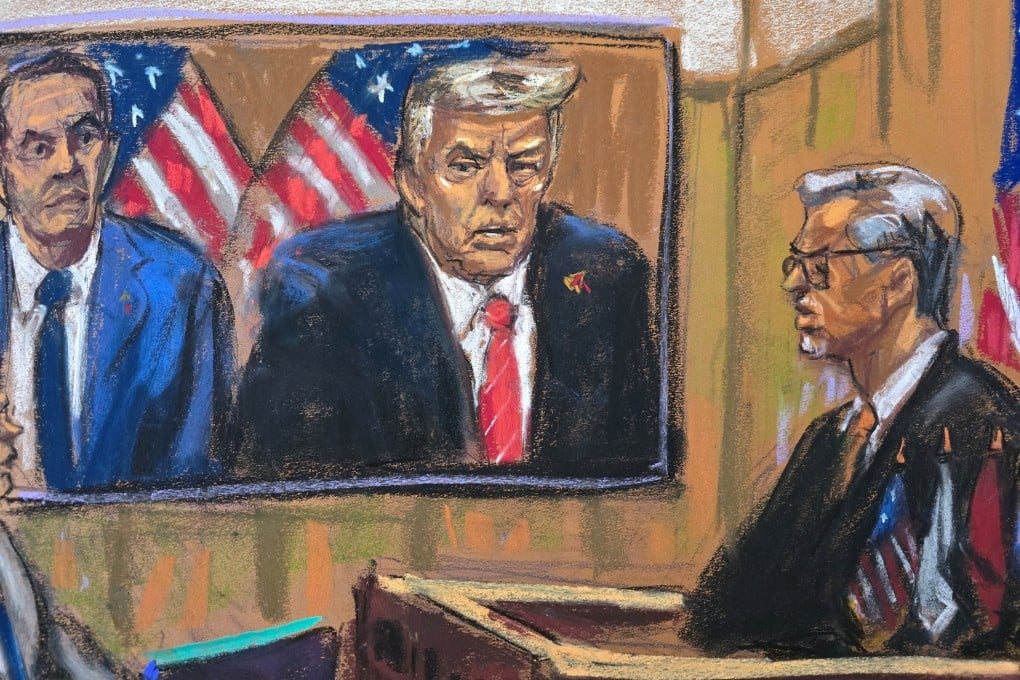As a felon, Trump can vote but can’t own gun, has to turn over DNA
The US president-elect won’t have to go to jail for his hush money conviction, but his criminal record will affect some of his rights

US president-elect Donald Trump doesn’t have to go to jail, pay a fine or perform community service as a result of his New York hush money conviction. A judge ended the case Friday with a sentence of an unconditional discharge, closing the case with no punishment.
But unless the conviction for falsifying business records is someday overturned, Trump will have felonies on his criminal record, which will affect some of his rights.
Here are some of the potential impacts and some things that won’t change:
Can he still vote?
Trump is registered to vote in Florida and he will be able to vote there.
Florida does bars people convicted of felonies from voting, but restores their right to vote after they have completed their sentence.
People convicted of murder or a sex offence lose their right to vote permanently unless their rights are restored by a clemency board.
For people convicted of felonies in other states – like Trump – Florida only makes a person ineligible to vote if they lost their voting rights in the state where they were convicted.
